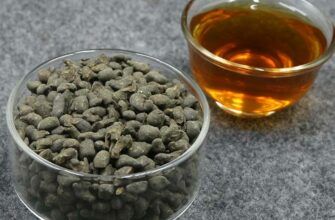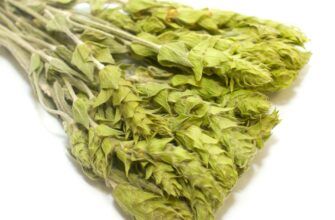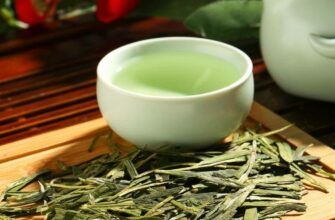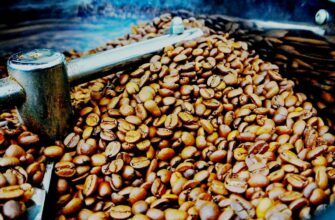Feb 22 2013
Many lovers of caffeinated drinks are of the opinion that it is enough to buy coffee in any form, pour boiling water over it and let it brew. After such simple manipulations, you can enjoy a pleasant aroma and invigorating taste. But these are erroneous judgments, since even the most excellent coffee can be easily spoiled. This article proposes the most important factor that should certainly be taken into account when preparing your favorite drink.
Like tea, coffee is made up of ground beans and water. Since the percentage of water in the drink exceeds 85%, this component should be carefully considered. Even the right type of coffee, its roasting, grinding and dosage may not meet your expectations from the drink. So what's the deal? The reason may be the "wrong" water:
- insufficiently bright taste and aroma indicate a high salt content;
- excessive bitterness of the drink is a clear sign of the use of excessively hard water, which contains magnesium and calcium salts;
- poor taste qualities of the drink may occur if distilled water was used to brew coffee in a car or by other available methods;
- Astringent taste is inherent in drinks that were brewed with water with a high level of acidity. If this level is below the usual 5.5, then the coffee will taste bland;
- many people like the sour taste in the drink, but if such an effect is not provided by the manufacturer, then you used chlorinated water, which is harmful not only to health, but also to the coffee machine.
To taste the real taste of coffee, you should follow some proven tips. First of all, forget about boiling and settling water for coffee - it should be fresh, freshly drawn from the tap. The only correct method of purifying water from various impurities is the use of filters that come in different sizes and purposes. Choosing a filtration system should be based on the condition of the water in your home.
Thus, you can enjoy your favorite drink at any time without being disappointed by its taste. Just remember that coffee has a beneficial effect on the body if you drink it in moderation - no more than one or two cups per 100 ml per day. An increase in dosage can adversely affect the state of the cardiovascular system, which will lead to the development of a large number of diseases.
Read more:





